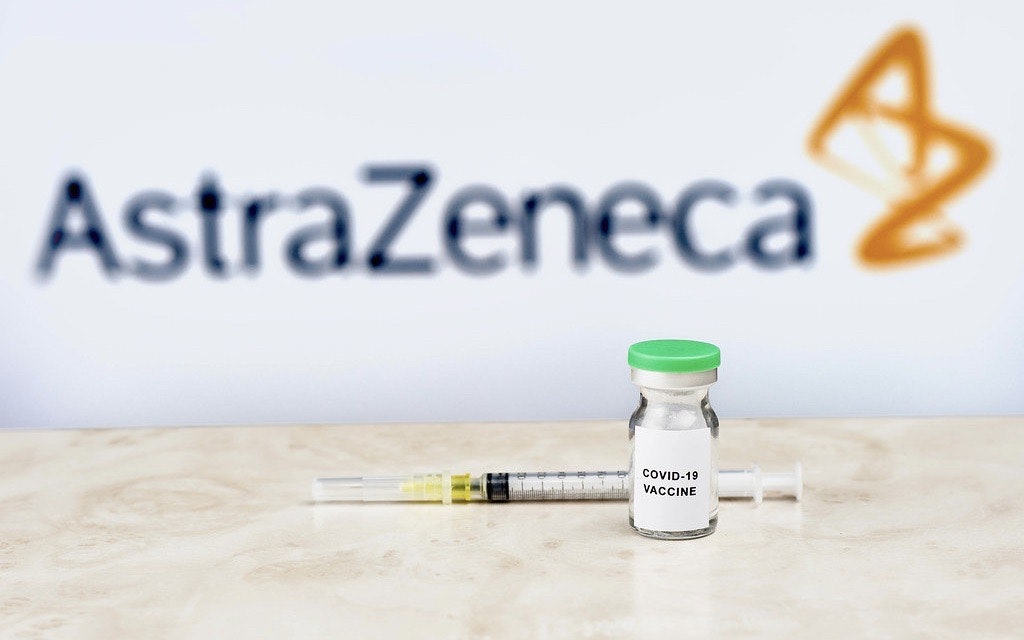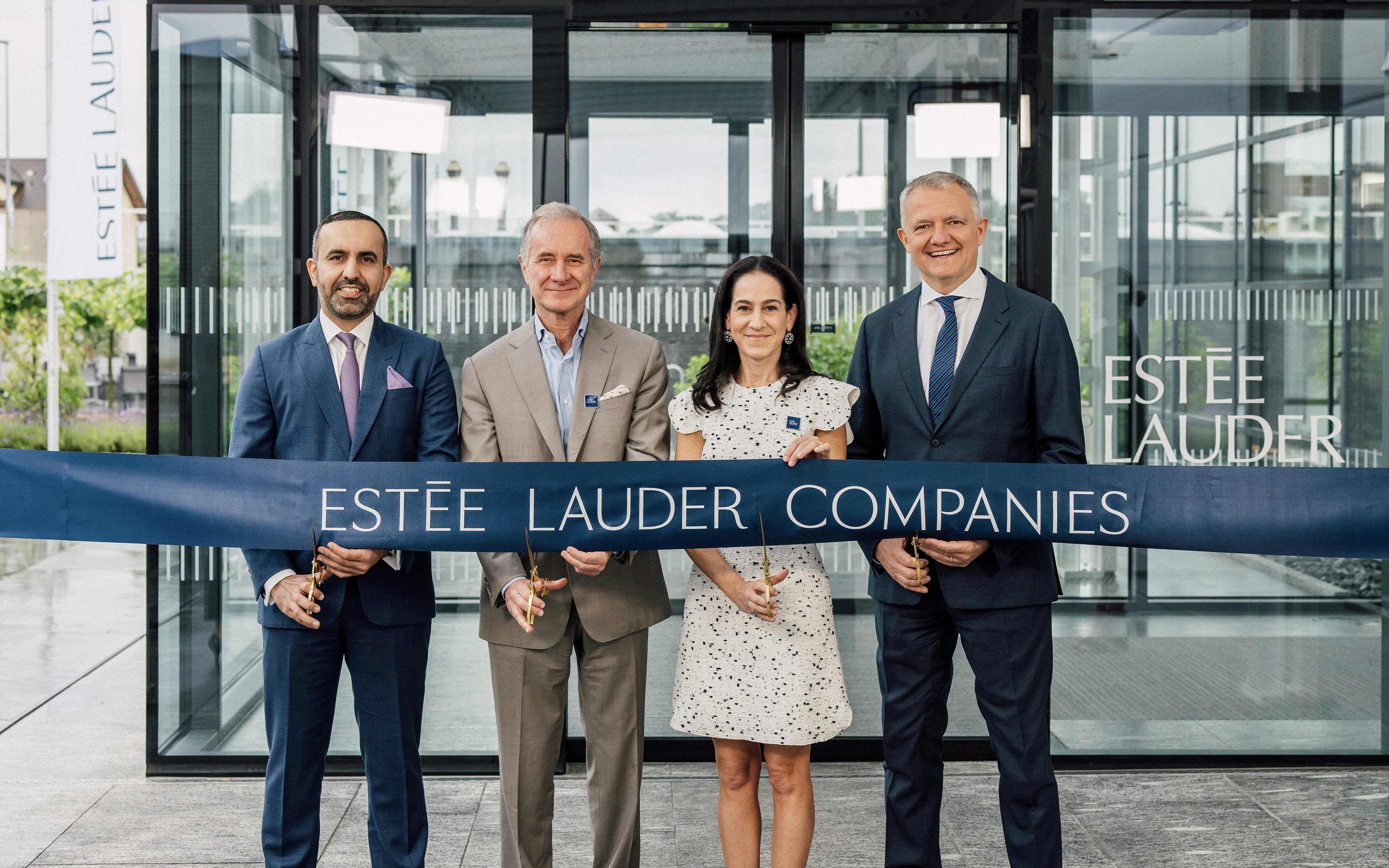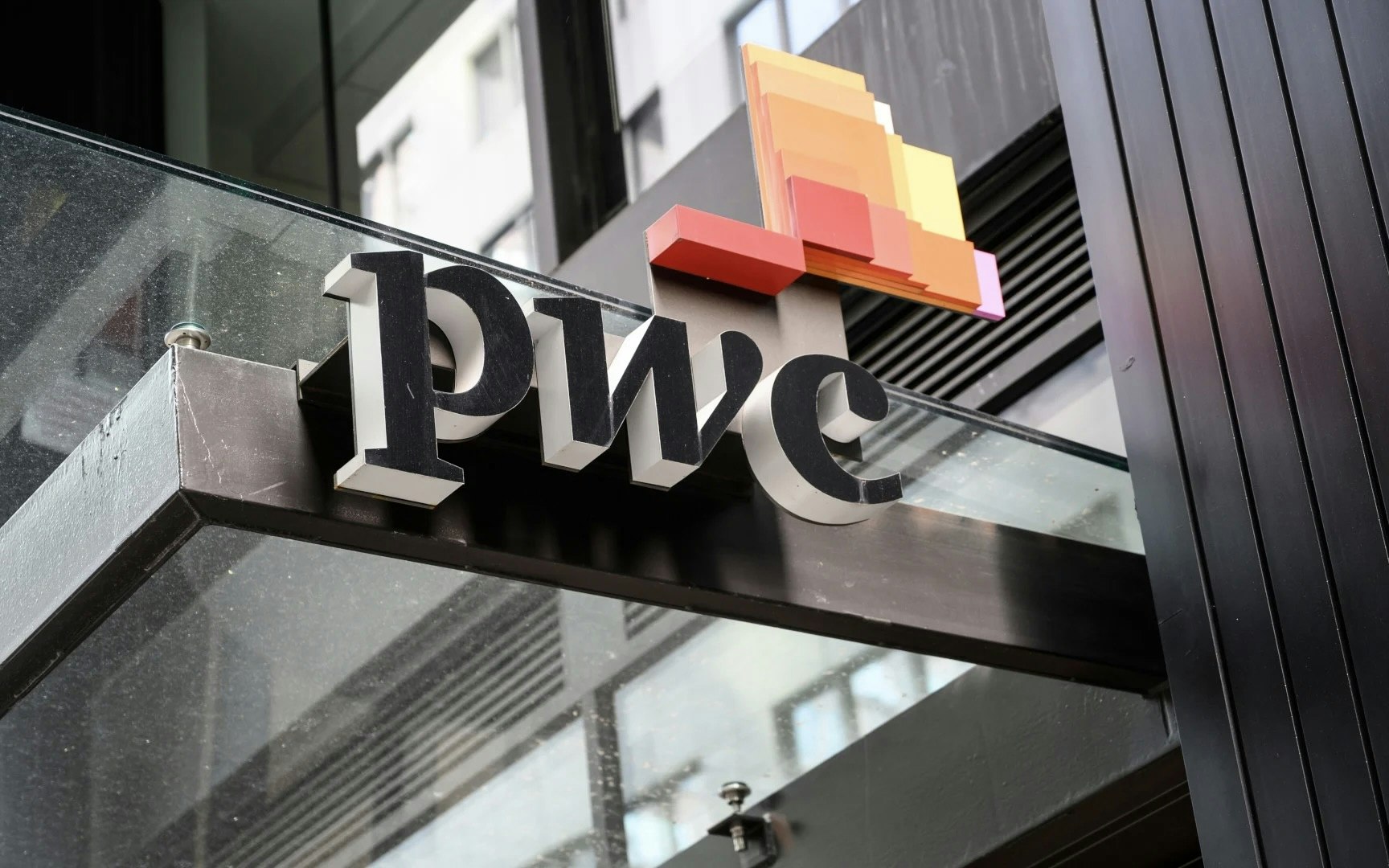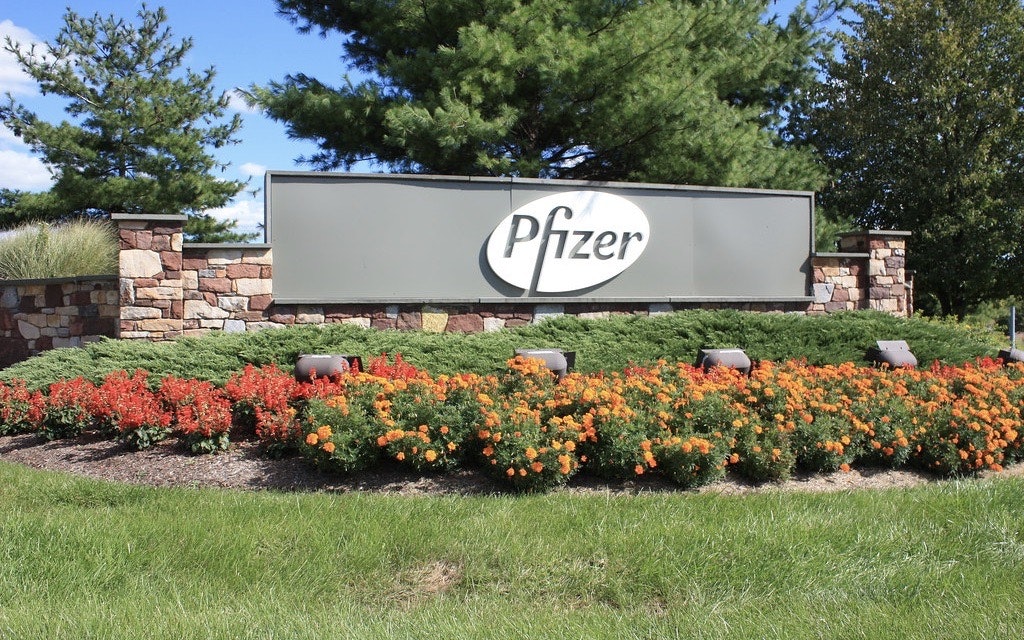Markets
Management fees of private equity funds fall to a historic low
Management fees for private equity buyout funds are falling to a record low as fund managers compete for investors in a challenging environment and make concessions on fees.
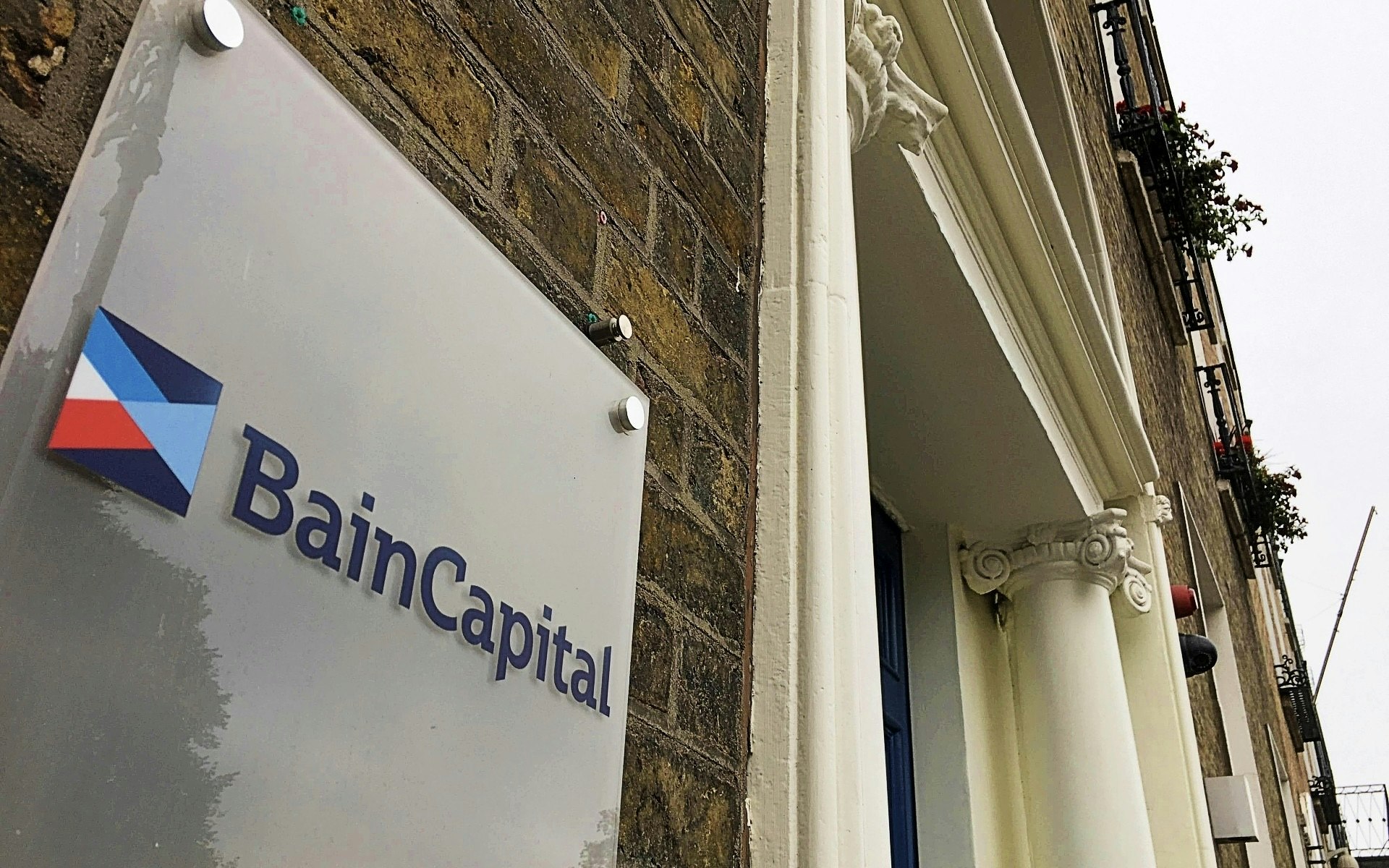
The management fees for private equity buyout funds have fallen to their lowest level since records began in 2005. According to data from industry expert Preqin, the average management fee for buyout funds that closed this year or were still raising capital by June was 1.74 percent of the committed capital from investors. In comparison, the previous low was 1.85 percent in 2023.
Over the past two years, private equity firms have struggled to divest their holdings. Traditional exit strategies such as IPOs and mergers have been hampered by higher interest rates, valuation disputes, and general economic uncertainty. As a result, fewer returns were distributed to investors, reducing their ability to reinvest in new buyout funds.
Due to this pressure in capital raising, buyout managers are now making concessions on fees and terms," explains Greg Durst, Senior Managing Director at the Institutional Limited Partners Association, which represents the industry's investors. He adds, "They are very cautious and deliberate in how they enter into new commitments.
Another factor affecting fees is the size of the fund company. Larger managers who have increased their fund sizes over the last 20 years and thus obtained a larger fee volume have lowered their rates. At the same time, smaller firms are also reducing their fees to remain competitive. "Many investors focus on relationships with the largest fund managers," says a London lawyer who advises mid-sized private capital funds. "This means that smaller managers at the lower end of the market have to work harder.
Large firms that manage funds across multiple strategies such as private credit and buyout often offer bundled fee discounts. Durst explains: "If you invest in one fund, you pay a 2 percent management fee. For three funds, it's 1.75 percent." Larger limited partners also have more leeway to negotiate fees. However, a manager of a London family office, who invests smaller amounts in some of the largest and most prestigious private equity firms in the world, notes: "I suspect there is only one group of investors who pay lower fees, namely the big players who write checks for 25 to 100 million dollars.
Despite the decrease in management fees, the performance fees—the share of profits that fund managers keep from successful investments, also known as carried interest—have hardly changed. Preqin found that this share has averaged 19.5 percent of fund returns over the past 20 years, after a minimum return for investors has been achieved.
Interestingly, there was no notable downward pressure on the management fees for private debt funds. According to Preqin, management and performance fees for private debt can be lower than in other private asset classes, depending on risk and potential returns. In this area, there is even an increase in investor interest.


